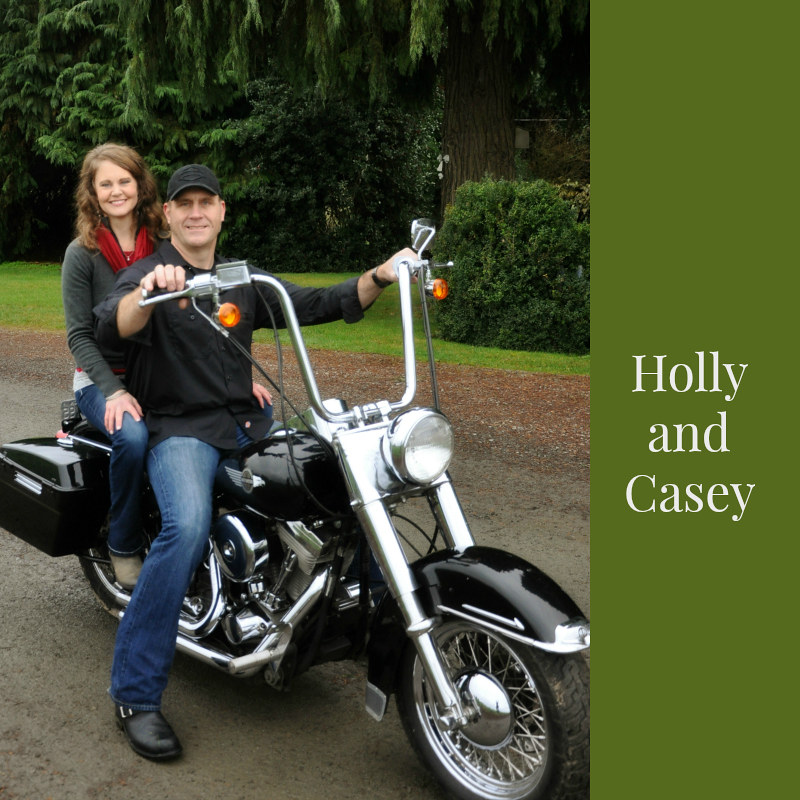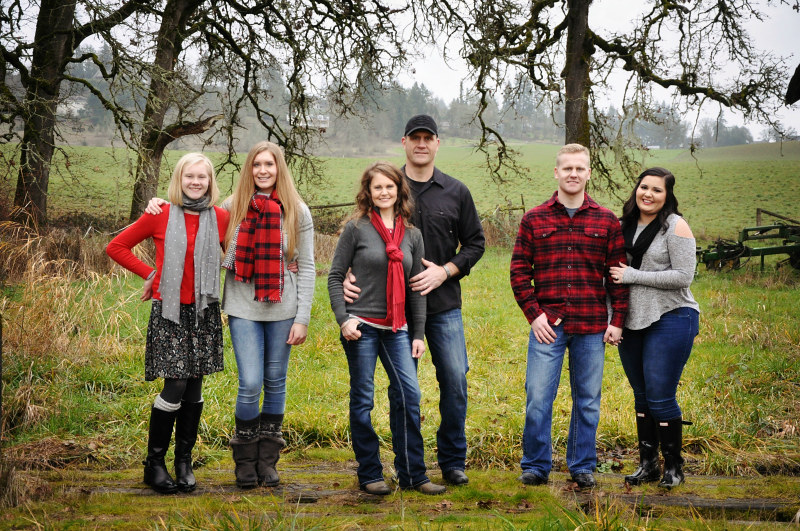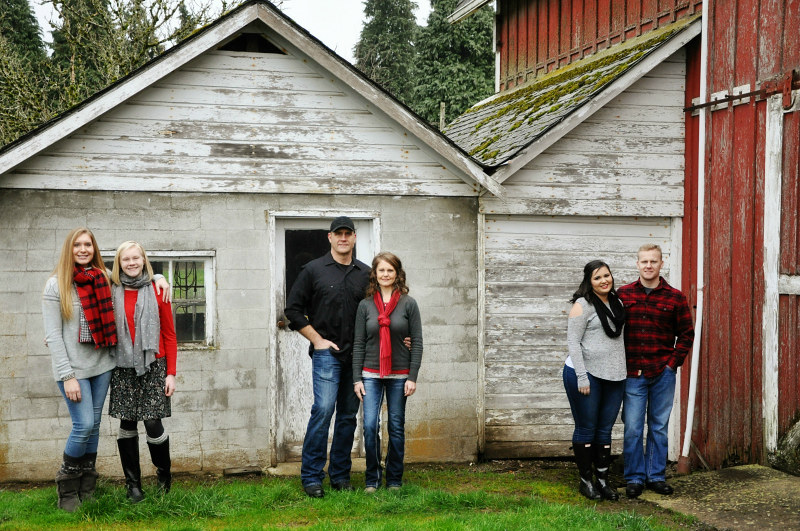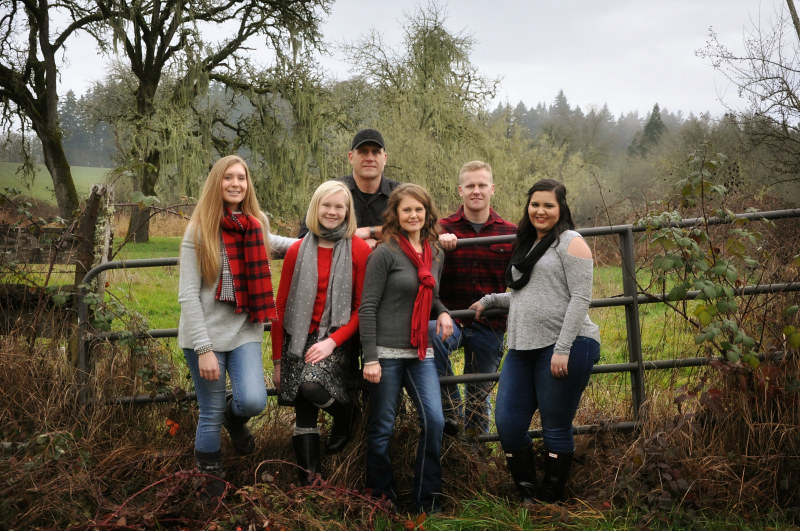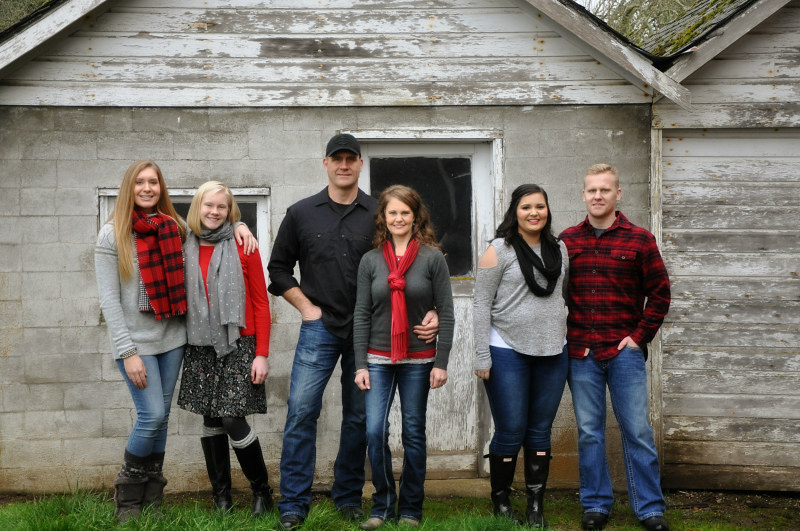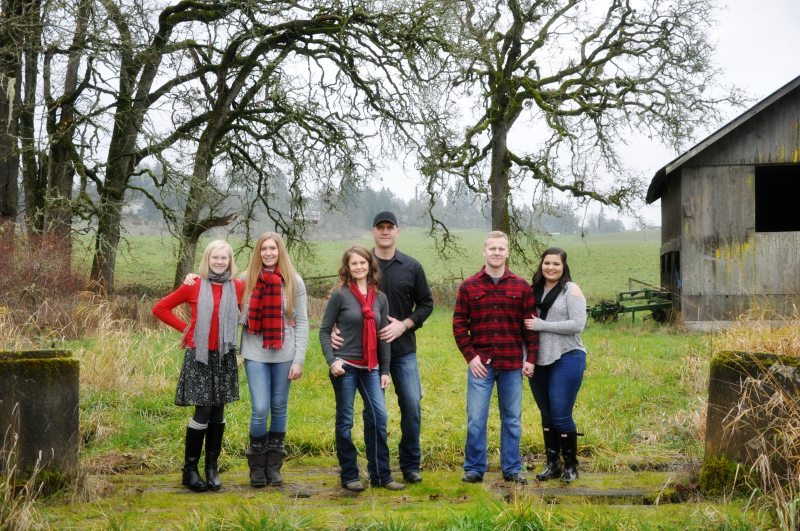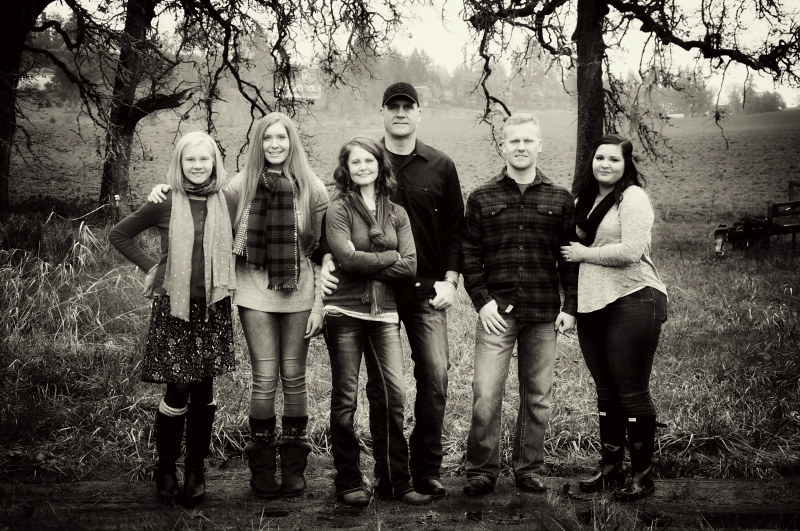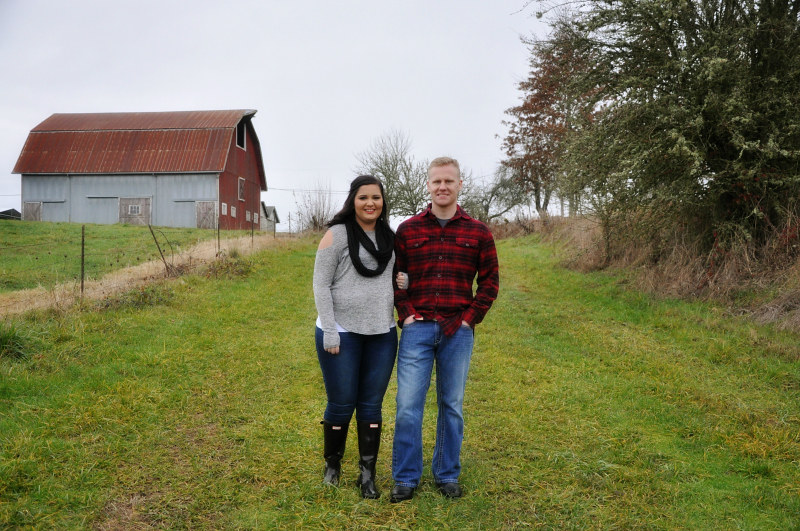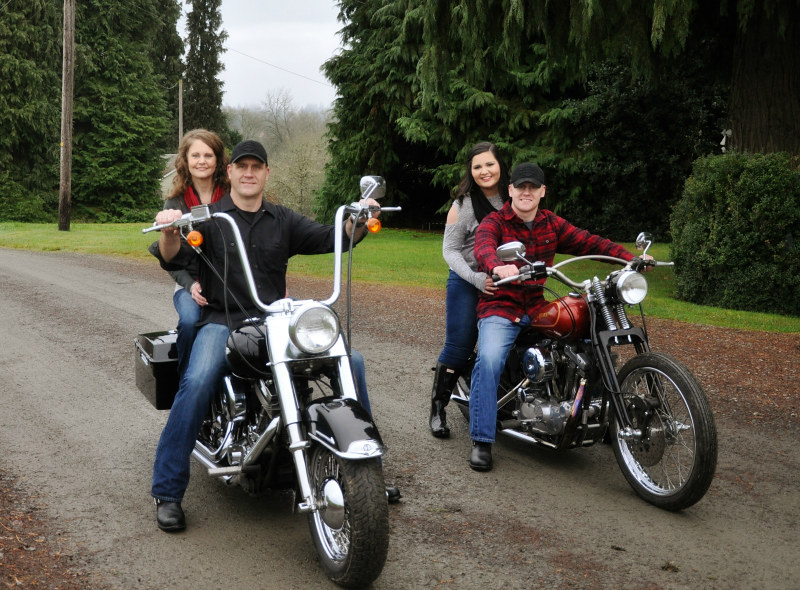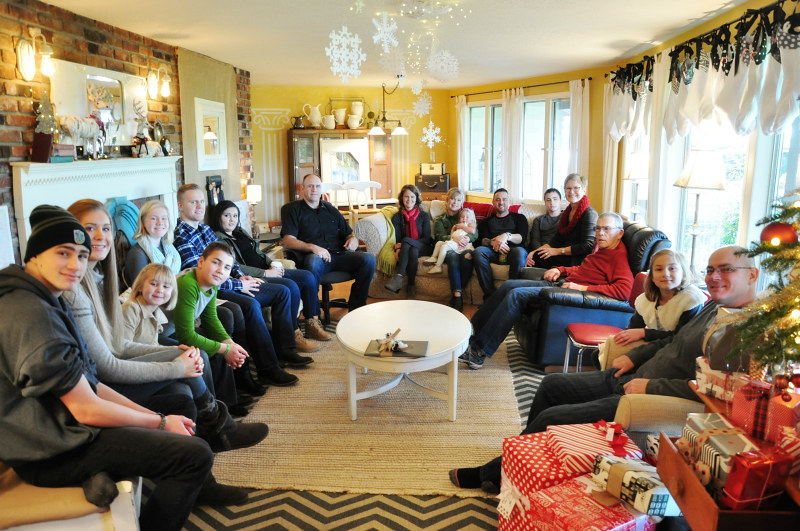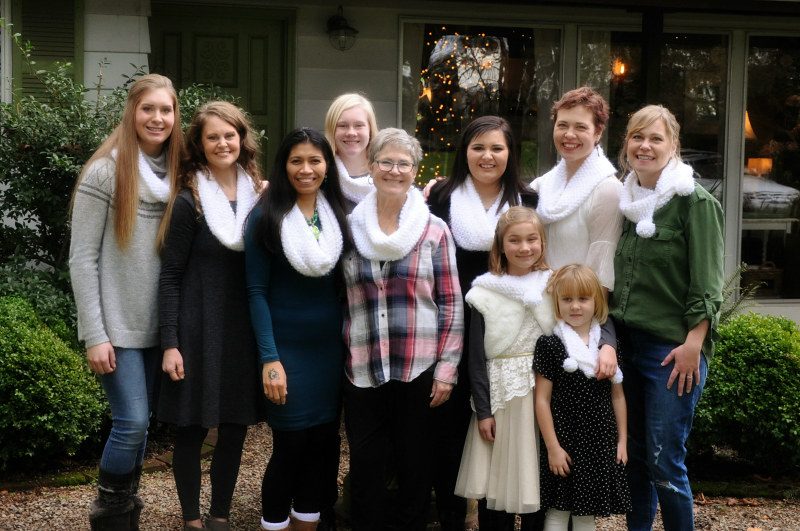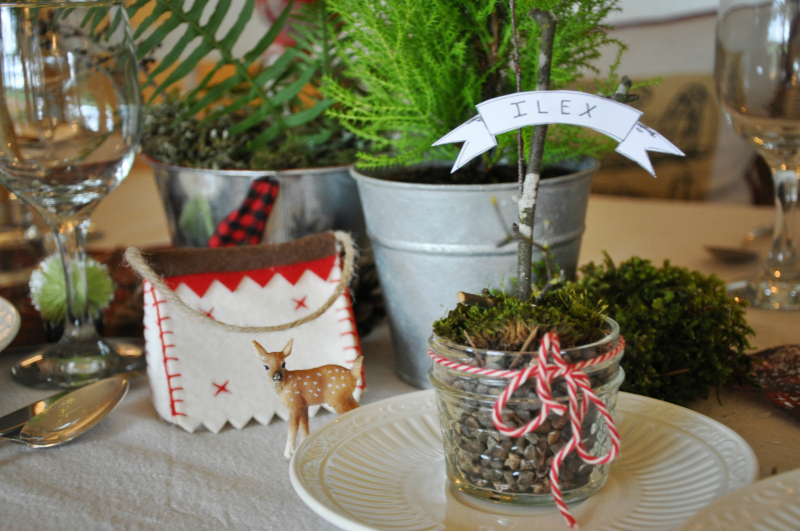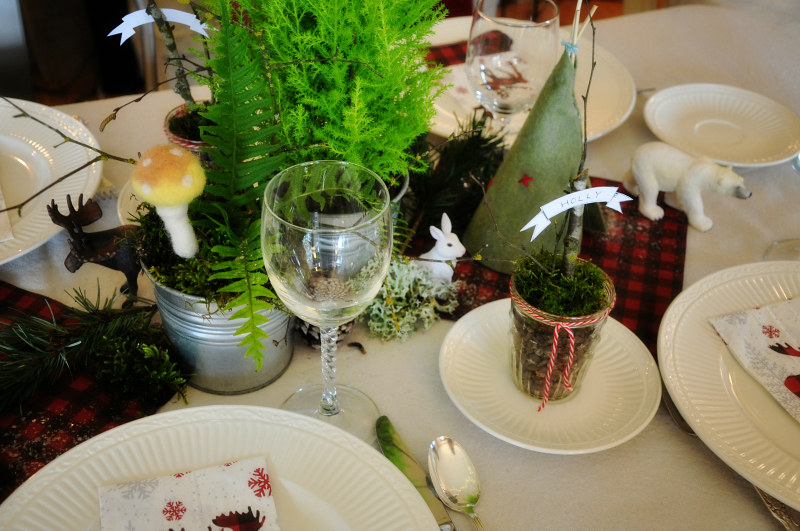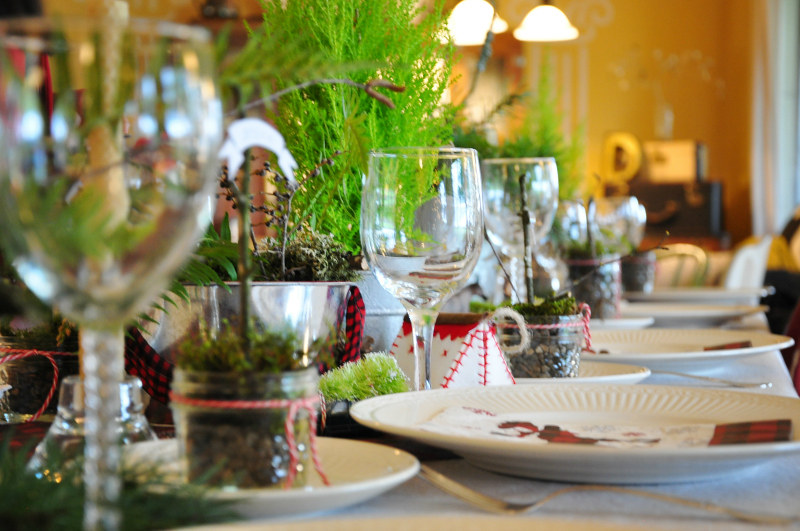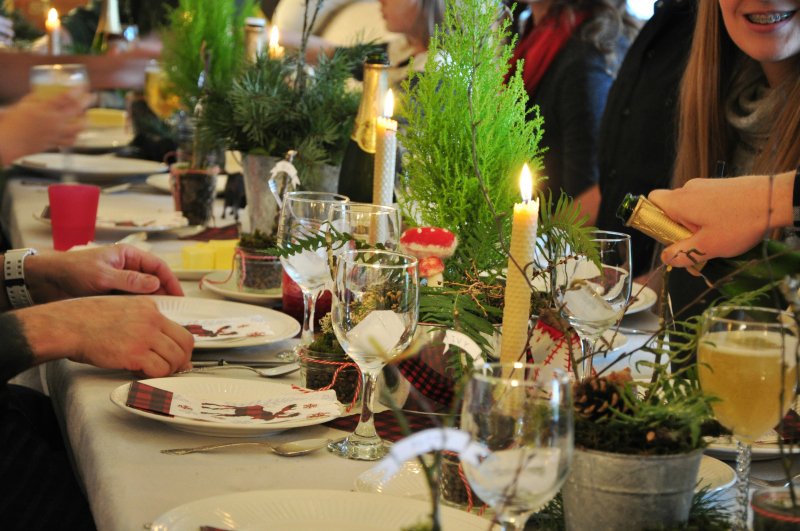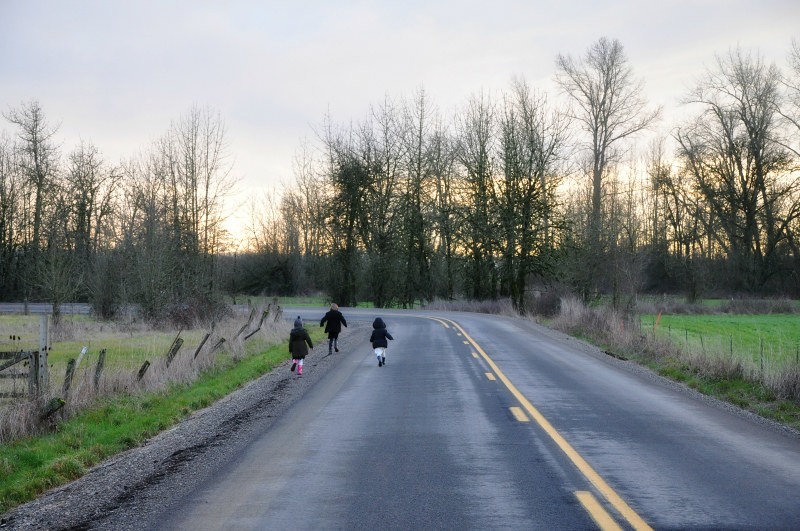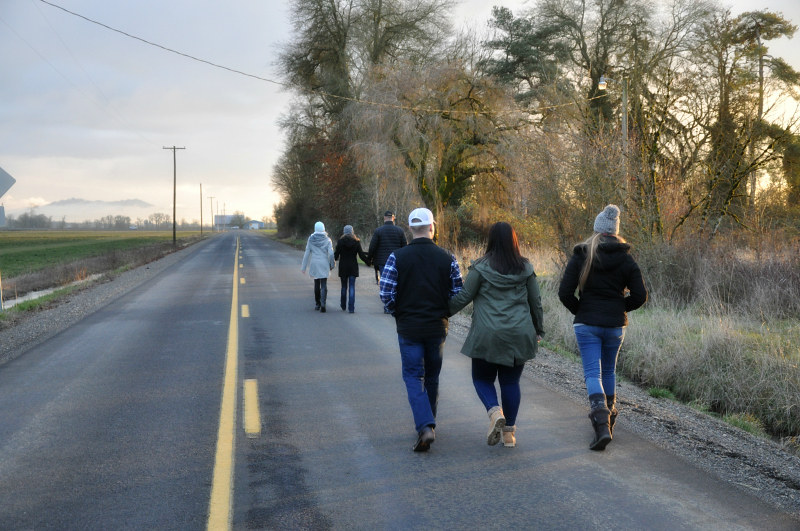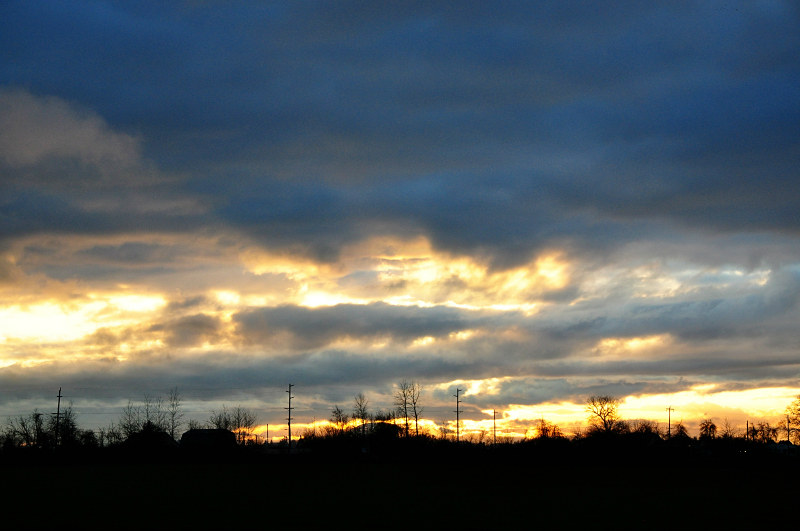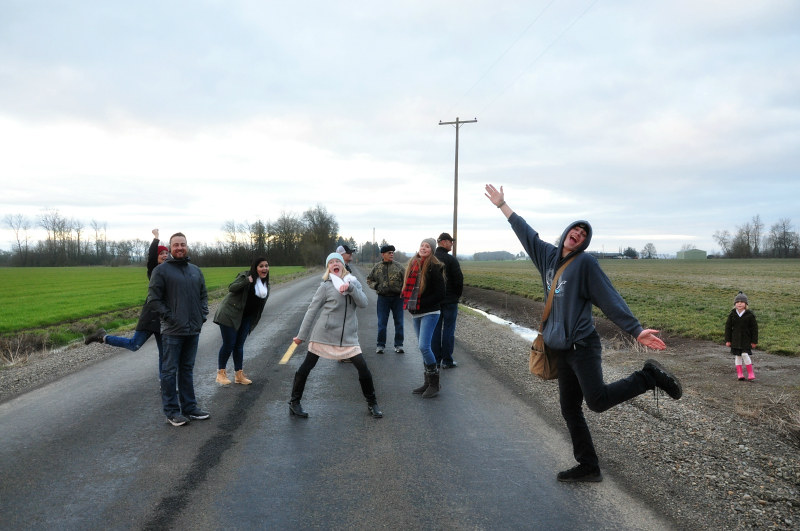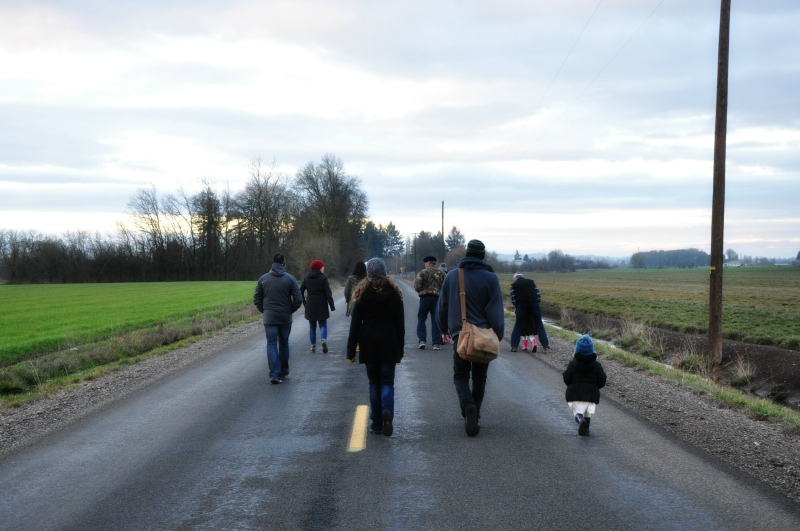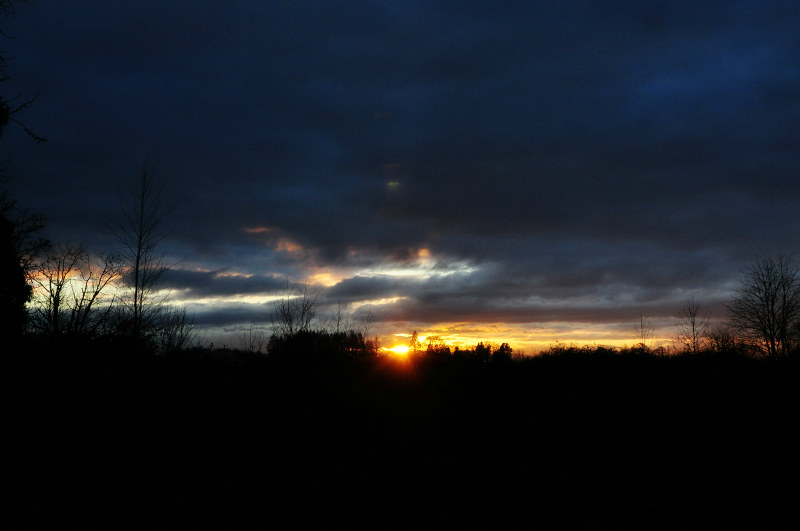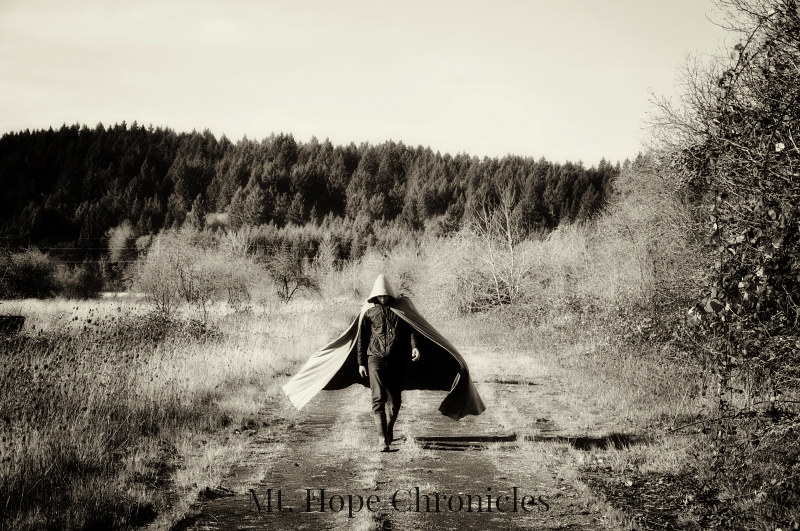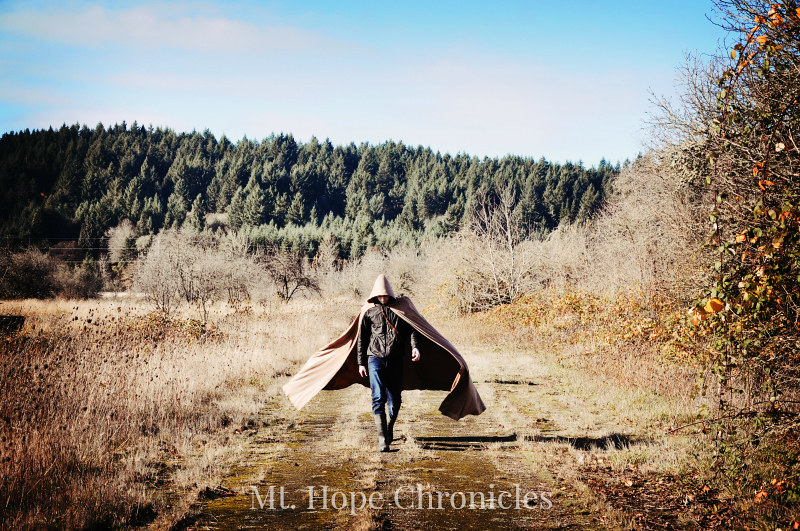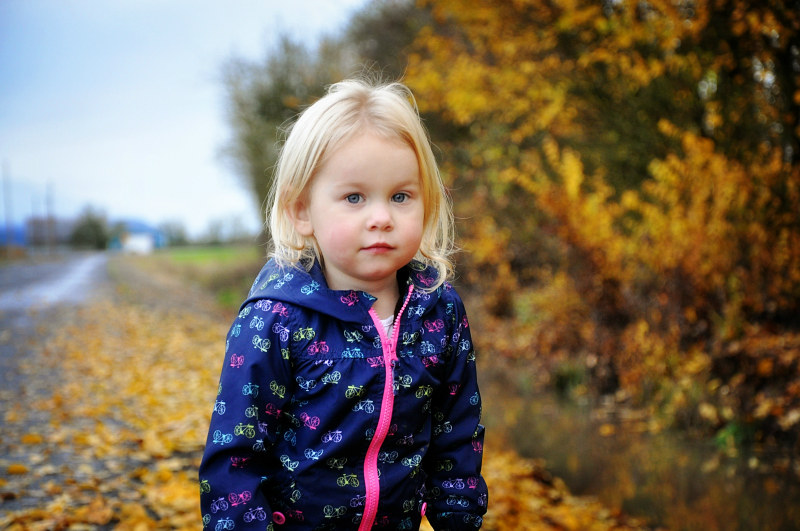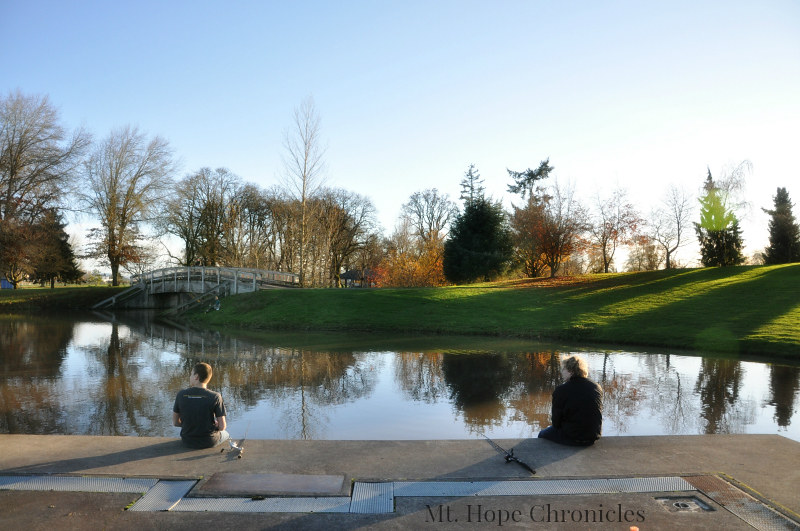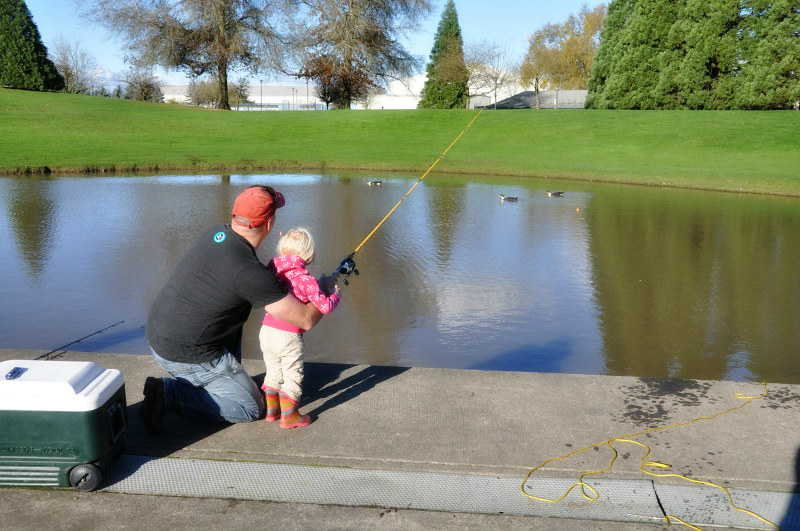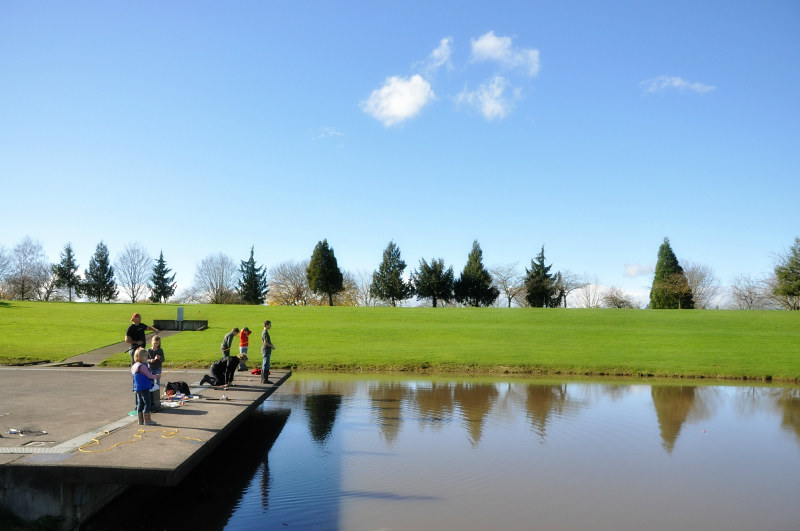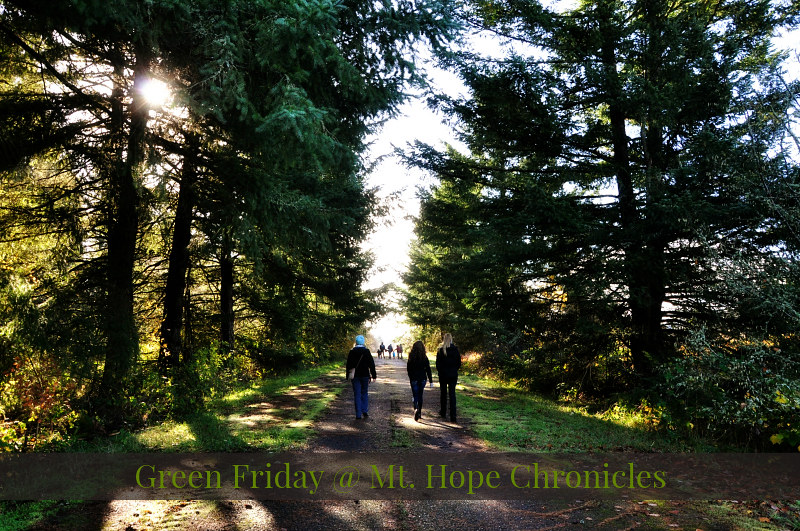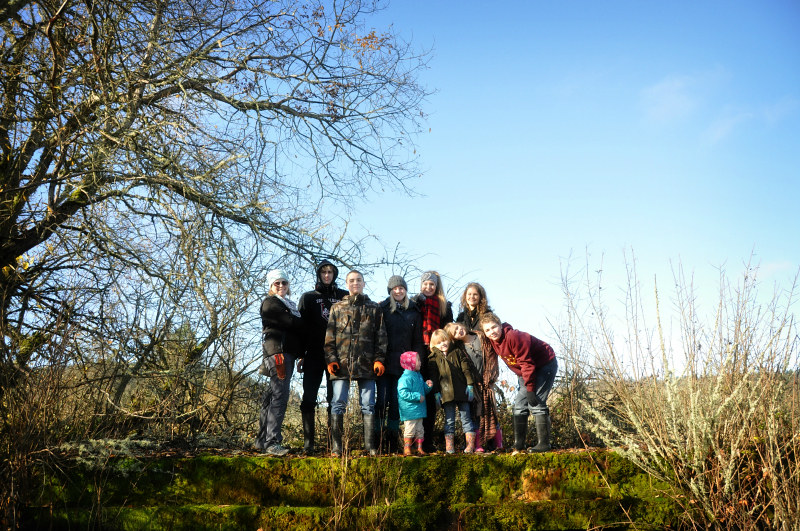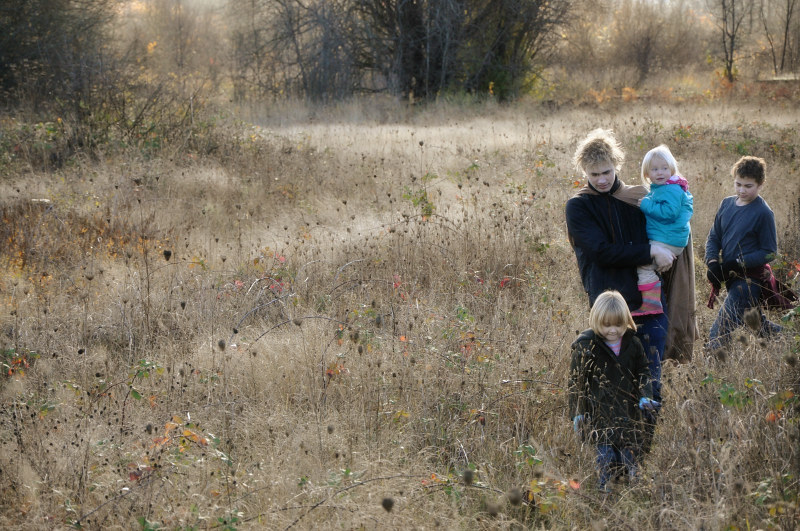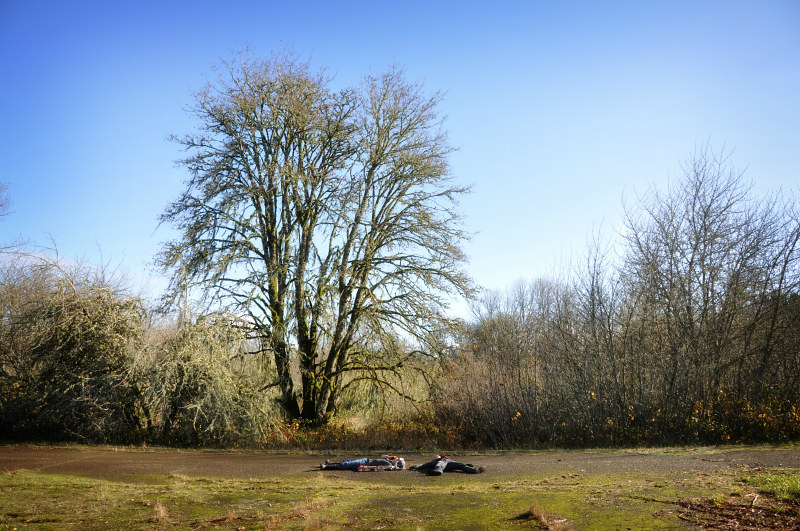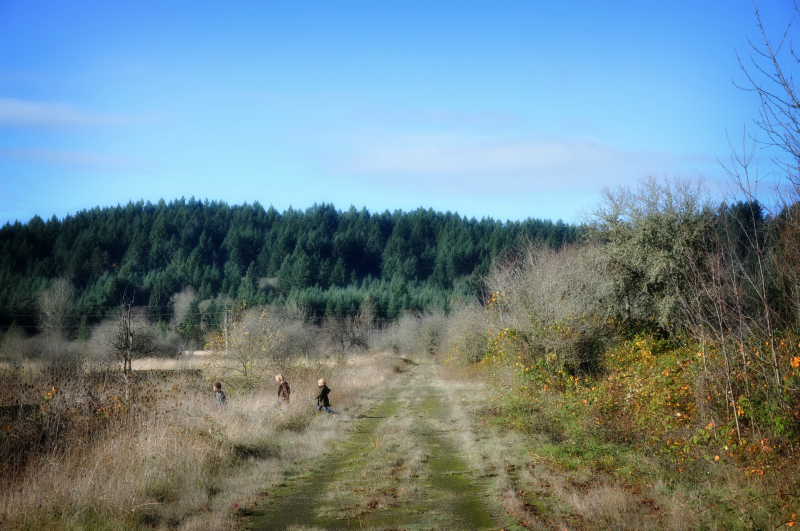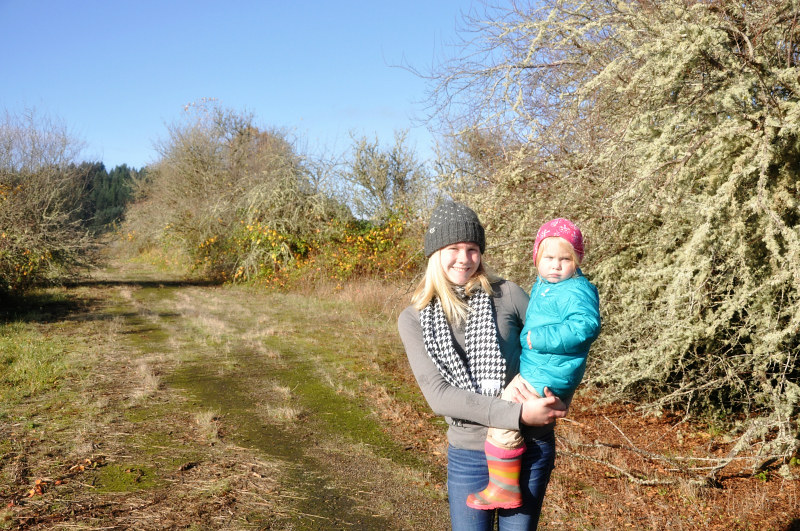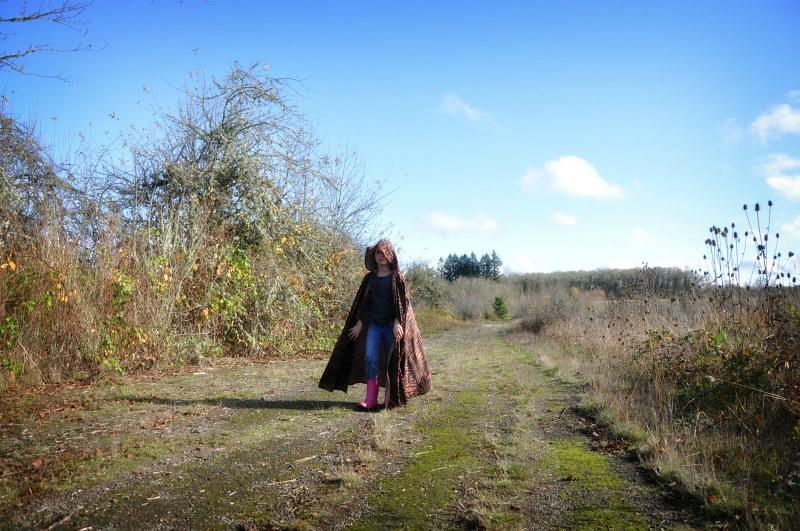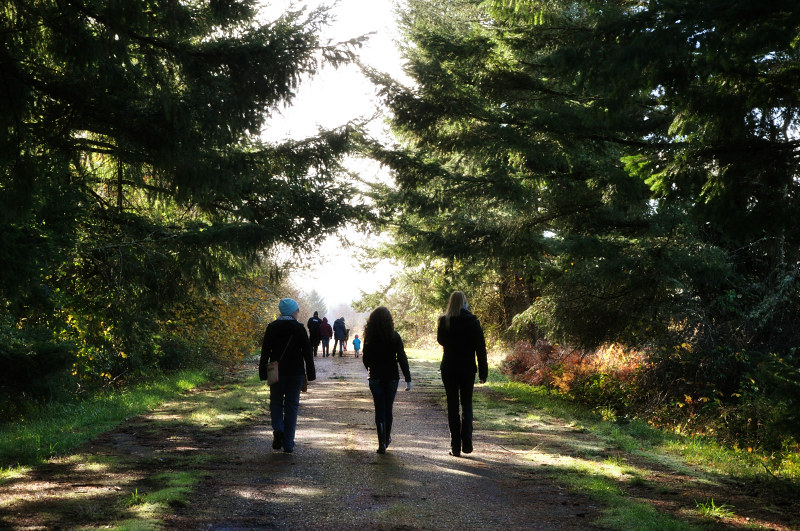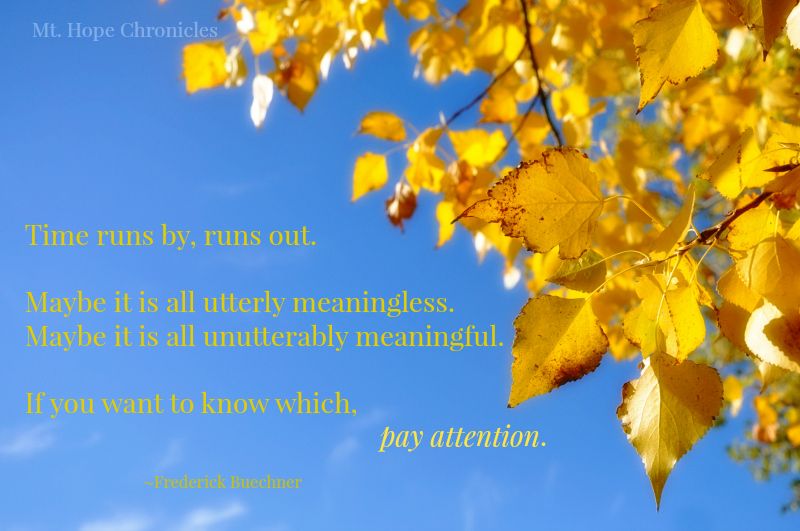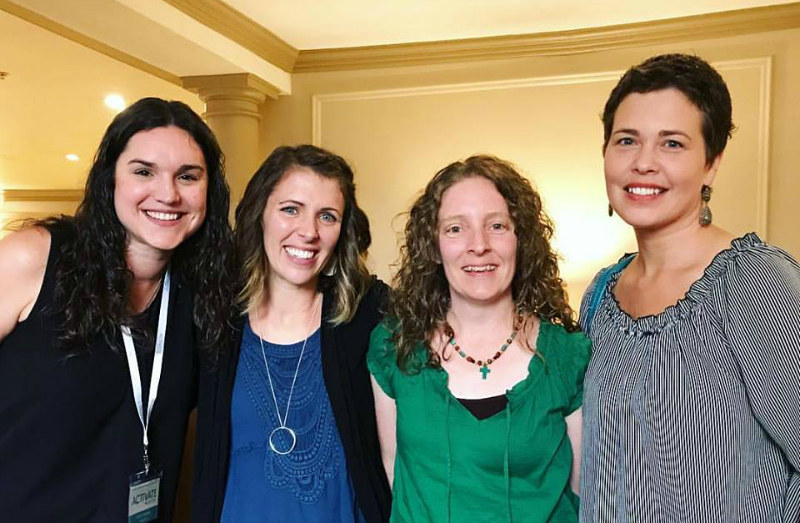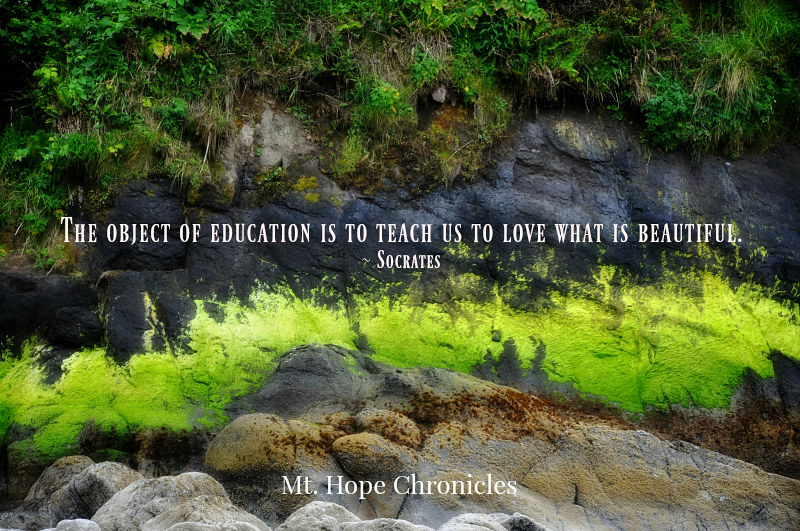
This morning I re-read an old article at First Things, A Curriculum of Life. The author asserts that a child’s curriculum should enlarge his current life, not be a self-serving means to an end (diploma, employment). He proposes structuring a curriculum using the “Three L’s”: Logic, Literature, and Love.
"But we must never allow a curriculum for school to replace a curriculum of life; schooling mustn’t take over the education of living. When it does it becomes deeply mis-educative and disenchanting. It robs our children of the present gift of life they have been given by God.
"If—heaven forbid—they die young, I hope they will have lived beautiful lives even in their youth, perhaps even more so than those who survive them."
This reminded me of beautiful discussion this month with my Scholé Sisters, led my my brilliant friend Mindy Pickens. We gathered, about twenty of us, to talk about why we take time to read, take time to contemplate, take time to gather and discuss, when we are busy homeschooling moms with endless to-do lists.
What is the use of spending a year on Hamlet or a year on Flannery O’Connor or a year on Tolkien or a year on Pride and Prejudice (our upcoming year)? What do we have to show for our time? Why should this pursuit take up space in our lives that could be used for something more productive or practical?
Let’s contemplate those questions.
In our modern American culture, we tend to divide pursuits or activities into two categories: productive/useful and pleasurable/wasteful. These two categories often carry a moral designation as well: productive, good; pleasurable, bad.
In some ancient cultures, however, different categories of thinking were used: self-focused/utilitarian and truth-focused/non-utilitarian (pursuits that were worthy in and of themselves and not as the means to an end). These weren't moral designations. Both of them were necessary for life.
The interesting thing about self-focused and truth-focused categories is that they are more fluid than our productive and wasteful categories and it often depends on a person's mindset while doing them. We talked about how monks turned the most routine labor into a means of worship.
We can clean our homes so that we can check that task off our list or we can clean our homes in service of the people we love who live there or visit there.
We can stand and eat a protein bar so that our bodies will function for all of our tasks that day, or we can use our meal time as a time to reflect or practice gratefulness. We can make an artful meal or a beautiful table. We can eat in community with others. We can use a meal to bless our families. There is nothing wrong with fueling our bodies quickly with a protein bar, but there are other ways to make meals and fuel our bodies that are less utilitarian.
One of my friends talked about how shifting her mindset to thinking of all the mundane tasks of motherhood (breaking up fights, cleaning up vomit, carpooling to activities) as truth-seeking and service was instrumental in saving her sanity as a mom to many little children. Those aren't big time-drains that take away from our ability to be productive. They have value beyond what they lead to or produce.
The word "school" itself comes from the word "scholé" which means leisure. In the past, leisure was synonymous with activities that were truth-focused and non-utilitarian. Leisure wasn't the absence of work. It wasn't vacation. It wasn't consumerism. It wasn't non-activity such as sitting in front of the television. It was work that was worthy for its own sake, not as a means to an end (a diploma, a good job, a position in society).
When we say we are pursuing truth, goodness, and beauty in education, we mean that we are learning because truth, goodness, and beauty are worthy pursuits in their own right. Cultivating virtue (self-discipline, commitment, perseverance, compassion, cooperation, patience...) is also a goal of education and an end in itself.
I like the three categories in the article: Logic, Literature, and Love. I can fit all of the Classical Conversations Challenge content into those three categories. I can fit all of it into truth-seeking and true leisure—living a beautiful life now and not as the means to an end.
The difficulty lies in thinking of the curriculum in that way, pursuing it in that way, and especially helping our 8th and 10th grade boys to see it that way, rather than as an obligation, a drudge, a check-list, and a stepping-stone to a diploma, which is a stepping-stone to a good job, which is a stepping-stone to vacations and possessions and savings, which is a stepping-stone to retirement.
I also struggle with habit-forming and teaching my boys and myself to love what we ought and not just what is pleasurable. Virtue formation is hard, and often requires doing something repeatedly until we grow to love it.
So I'm saying all this not to be preachy, but to remind myself (because I forget every minute of every day) what a beautiful education can be. It doesn't have to be CC—absolutely not—and it can (and should) be a tailored version of CC, if that’s the path you’re on, but I believe Challenge is full of logic, literature, and love (and leisure!) that can enlarge our students’ present lives. It happens to be a good fit for us at this time.
Figuring out what a beautiful life looks like for ourselves and our children and our families is always going to require constant prayer and consideration. Implementing it in reality is going to be even more difficult (especially with teen boys). There is no formula. It’s complex and messy and hard and beautiful. It also requires a magnitude of faith.
.
How can we operate under a truth-seeking mindset rather than a self-focused mindset?
How can we pursue leisure and virtue and truth, goodness, and beauty rather than a utilitarian outcome?
Do our pursuits enlarge our humanity or diminish it?
What skills are we learning? My friend Mindy thinks in skills rather than subjects. Attending, listening, speaking, reading, writing, remembering, and reasoning.
How can we serve others in this pursuit?
Where is the truth, goodness, beauty, and order in what we are viewing and contemplating?
What virtues are we striving toward? Self-discipline, patience, compassion, wonder?
How can we turn this pursuit into truth-seeking or leisure?
How can we practice re-creating in this endeavor rather than consuming?
How can we delight, attend, worship, contemplate, or build relationships in this moment?
.
Will it help to revisit the “a garden, a museum, a table, a church—which is to say a monastery” metaphor? I think so.
As my friend Sara Masarik said, “A monastery strives to serve with feet on earth and hearts and heads in heaven. And that, I think, is what our homes [our educations, our lives] can be as well.”

